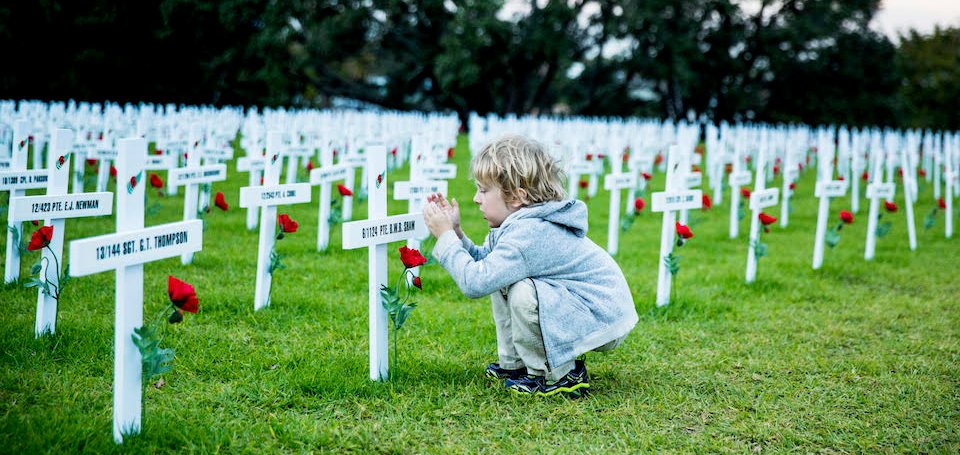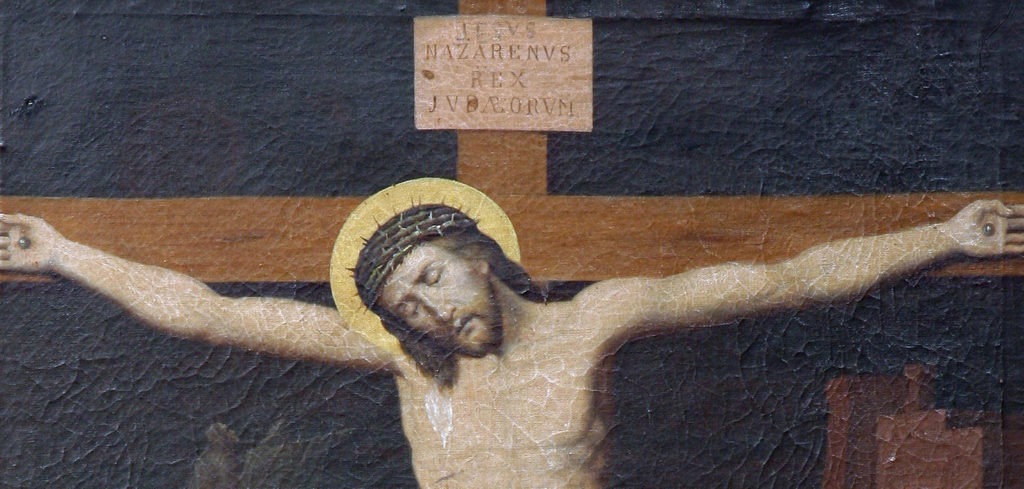Sermon for the Day of Pentecost, Sunday, May 23, 2021, preached by the Rev. Daniel. M. Ulrich.
Words
matter. This is a simple statement, but
it’s powerful and true. Words have
meanings, and we all need to know those meanings so that we can
communicate. Words accomplish
things. Sometimes they bring about good,
sometimes bad. Words inform. They influence how we view and think about
the world around us. We need words so
that we can live together in community, just as God created us to. But often, our words, instead of bringing us
together, they divide.
This
division is seen most clearly with all the different languages we speak. Language divides and separates. Those who speak English are separated from
those who speak French. German from
Arabic. Spanish from Mandarin. The divisions of language, they go on and
on. Sure, these divisions can be
overcome by learning multiple languages; but even then, divisions still exist. The very fact that we learn multiple
languages and have professional translators and interpreters proves the
division.
But
it wasn’t always this way. There was a
time when language didn’t divide, when all people were united in one
tongue. God’s Word tells us about that
time in Genesis, the time before the Tower of Babel.
At
that time, the whole earth had one language.
Everyone spoke the same words.
And in this unity of tongue, the people, our ancestors, instead of
following God’s command to fill the earth, they decided instead to build a
great city and tower that reached to the heavens. With this great feat of construction, they
planned to make a name for themselves.
Seeing the city and the tower, the LORD confused the language. Now when they spoke all that came out was babble. They couldn’t communicate, so construction
stopped and the people were dispersed.
Now there was division and separation, multiple languages
When
I was a child in Sunday school, I didn’t fully realize why the Lord didn’t want
the people to build that tower, especially since today we have skyscrapers all
over the planet. It just didn’t seem to
make sense. But when you look at this
history you see that God’s action was in response to the peoples’ sin. They’re whole motivation for building the
city and tower went against God. They
didn’t want to fill the earth. And that
whole “making a name” for themselves, that was idolatry of self. No longer did they worship God, the Creator
of all things. Now they worshipped
themselves and what they could create.
The
separation that was brought about by the confusion of language, it was the
result of sin. Sin is the divider. Sin is the separator. Sin is why God dispersed the people. And sin is why we still stand divided
today.
We’re
not just divided by the language we speak.
We’re divided by sin, by our sinful words. Our separation from others isn’t as shallow
as some of us saying “Thank You,” while others say “Danke,” or “Gracias.” No, our division runs deep with the sinful
words that we say, words that we say for the purpose of dividing and breaking
down, words that we say redefining what God has said. What He calls good, we call evil. What He calls a blessing, we call a burden. What He calls freedom, we call
oppression.
Every
day we hear these sinful words and we see the destruction it causes. Just read the headlines or listen to the
news. It’s everywhere...even in the
words that we speak. Think about all
that you’ve said this past week. How
much of it was sinful words? How much of
what you said, and thought, were divisive and destructive words? I know that I’ve spoken these words every
day; words of anger, words of mockery and scoffing, words of derision.
There’s
a movement in our society and culture to try to overcome all the divisions that
words can cause. This movement seeks out
specific words that sound divisive and exclusive and then it gets rid of them
from our vocabulary, hoping to bring about unity. But this will never work, because words
aren’t the problem. Our sin is the problem. And there’s only One Word that overcomes
sin. There’s only One Word that brings
true unity: the Word Incarnate, Jesus Christ our Lord.
Christ
and His Gospel, Christ and the Good News of His death and resurrection, Christ
and His Absolving Word of forgiveness, that's the only Word that overcomes our
sin.
In the beginning was the Word, and the
Word was with God, and the Word was God. … And the Word became flesh and dwelt
among us, and we have seen His glory, glory as of the only Son from the Father,
full of grace and truth (Jn 1:1, 14). Our
Savior came into our world filled with all of its division and separation,
filled with all our sin to overcome sin, to save you from your sin. He came to undo the separation our sin
causes, to bring us back together in communion, to unite us together, not under
one tongue of language, but one tongue of faith. That’s the miracle of Pentecost.
We
think the miracle of Pentecost is the Holy Spirit descending upon the apostles,
giving them the ability to speak in different tongues, in different
languages. That certainly was a
miracle. But the miracle of
Pentecost is what happened when the apostles spoke those languages.
In
all those different tongues, the languages of the Parthians and Medes and
Elamites and people from Mesopotamia and Judea and Cappadocia, Pontus and Asia,
from Phrygia and Pamphylia, Egypt and Libya, Rome, Crete and Arabia, all these
people heard the mighty works of God in their own tongue. They heard the Word of Christ, the Good News
of His death and resurrection for them.
They heard the forgiveness, life, and salvation that He gives. And in that hearing, the Spirit brought
sinners to repentance and faith. That
day, 3000 souls, 3000 people divided by sin, they all confessed and were united
in their faith in Christ. That’s the
miracle.
The
miracle of Pentecost is God uniting people from different cultures, speaking
different tongues, uniting them in the same tongue of faith. On Pentecost, the Lord undid the confusion
that happened at the Tower of Babel. He
did it not by making all language one, but by enabling all languages to confess
Jesus as Savior and Lord. That unity of
that faith overcomes all divisions and separation.
You
and me, Christians throughout our city, state, nation, and world, all of us are
united in our Lord; whatever language we speak.
We’re united in His death and resurrection. We’re united in His forgiveness. We’re united in His life and salvation. There’s no greater unity than this. There’s no words of our own that can achieve
this unity. It’s all Christ. It’s all the Word Incarnate.
Divided
by language, we struggle to communicate.
Divided by sinful words, we struggle to live together. But God has overcome all divisions. He’s overcome your sin with the only word
that can, His Son and His Gospel. By
this Word, with one tongue of faith, together, with all different languages
we’re united, praising our Savior. In
Jesus’ name...Amen.







